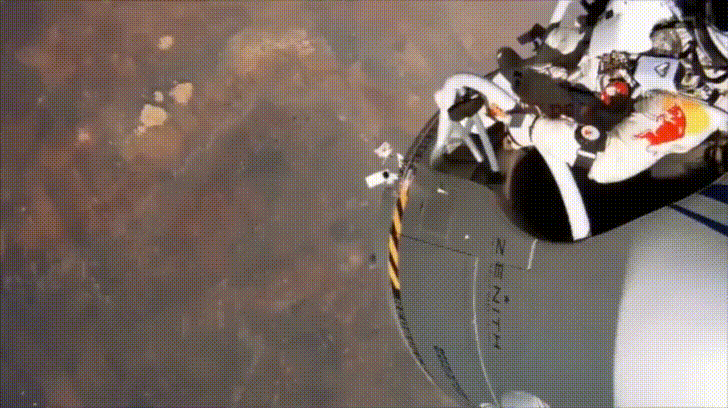Assumptions are dangerous; Validate them.
(4 min read) Assumptions can kill your project or in the worst case your startup. A case study at the end.
Photo by Jakob Owens on Unsplash
Assumptions are our brain's way of taking shortcuts. Sometimes, we get away with big assumptions. But making big assumptions in the workplace can have severe consequences. For example,
Assumption: Product requirements haven't changed since day one. Consequence: Building a product when the requirement has changed can be devastating.
Assumption: The manager/lead is aware of the extra work being done. Consequence: Getting surprised and demotivated when the work is not counted towards year-end calibration.
Assumption: The manager/lead is aware of the complexity of the work. Consequence: Complexity can lead to slow progress, giving the impression that the individual is slacking off and/or sandbagging. This is not good for the year-end review.
Assumption: The team is clear on the product deliverable and deadline. Consequence: Team doesn't seem motivated to get the product shipped. Resulting in missed deadlines or product time to market.
Solution❓
Question assumptions and validate them.
We don't need to question everything. Just question the big and important things. Things like:
Are we building the right product, or are we solving the problem the right way?
Is the project deadline a real deadline and the current scope the right scope?
Is the leadership aware of the complexity of the project and my role in solving it?
🤷🏽♂️ Who should ask these questions?
Everyone who is involved in the project!!
Assuming it is the team lead or manager's responsibility is dangerous (meta-point). They can become a single point of failure. Maybe the leadership is overloaded or just not paying attention. Things might as well maybe in their blindspot.
Even if it's the leadership responsibility, everyone on the project should be regularly asking questions and validating assumptions. Often asking questions can act as a memory refresher for everyone involved. If the assumptions are correct, then no harm, no foul. If not, then you may have just saved the project.
The cost of asking questions is less, but the cost of NOT asking is very high.
Let's consider an example of skydiving.
Every time you go skydiving, either solo (kudos) or in tandem, you want to do a thorough gear check in addition to the main and backup parachute. You definitely don't want to assume.
Working on projects with big assumptions is like assuming your parachute is packed right and gear is operational. You don't want to find out that you made the wrong assumption when falling through the sky.
In big companies, wrong assumptions can lead to just another failed project. But if you are in a small company or a startup, this could be the backup parachute that gets tangled in the main parachute as you free fall towards the earth.
Questioning and validating assumptions can make a huge impact. Ask questions early, ask them often, and ask them nicely. After all, we all want to be part of a successful project.
The Assumption Exercise!!
I encourage you to pause and think about your current work. Try answering these questions:
What is the biggest assumption you've made?
Is that assumption still valid?
If not or don't know, can the assumption be quickly validated?
I would love to hear about your experience with the above exercise in the comments below.
Case-study:
I came across this amazing article where the author shared details on how they spent $40K and more than a year building a fantastic idea (GlacierMD) which turned out to be a bad business idea. I highly recommend reading the article in its entirety.
As I read the article, a couple of points stood out that re-emphasized the importance of questioning assumptions and validating them.
“I had literally nothing to say to that. It had been a bit of a working assumption of mine over the past few weeks that if you could improve the health of the patients then, you know, the doctors or the hospitals or whatever would pay for that.”
On another point, the author talks about the importance of validation.
“If I'd articulated at the beginning how I expected to extract value from GlacierMD, maybe I would've researched the economics of an ad-based model, or I would've validated that doctors were willing to pay, or hospitals, or insurance companies.”
Ofcourse there could be many things that can make the a project/startup succeed or fail. Let’s just make sure invalid assumptions are not one of those.
I hope you perform the assumption exercise in your current and future projects.
Thank you for reading this post 🙏 If you find this useful, please consider subscribing and sharing it with a colleague who may be making a big assumption and doesn't know it yet.



